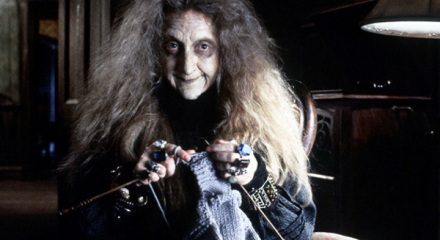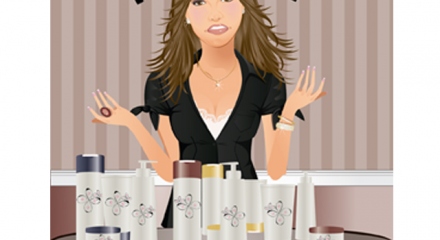
Dry Scalp: When it comes to dandruff or flaking, the flakes are actually more likely to be oily than dry – 80% of flaky scalps are. However, flaky scalps are easily remedied by our Clear Shampoo with activated charcoal and menthol. Scalp flaking fluctuates with stress and certain foods – dairy produce being one and white wine being another so try and avoid these.
Dry Hair: Can be remedied by using the appropriate shampoo and conditioner for your hair type: fine and limp, wavy or curly, coarse and frizzy. Occasionally dry hair is naturally produced (along with dry skin) but this is exacerbated by environment and external usage of the wrong products and processing. Sometimes this can be helped internally by eating oily foods: salmon, sardines, mackerel, and by eating olive oil in your food. However, this takes time, so a moisturising conditioner and styling aid would give quicker results.
Continue reading →



